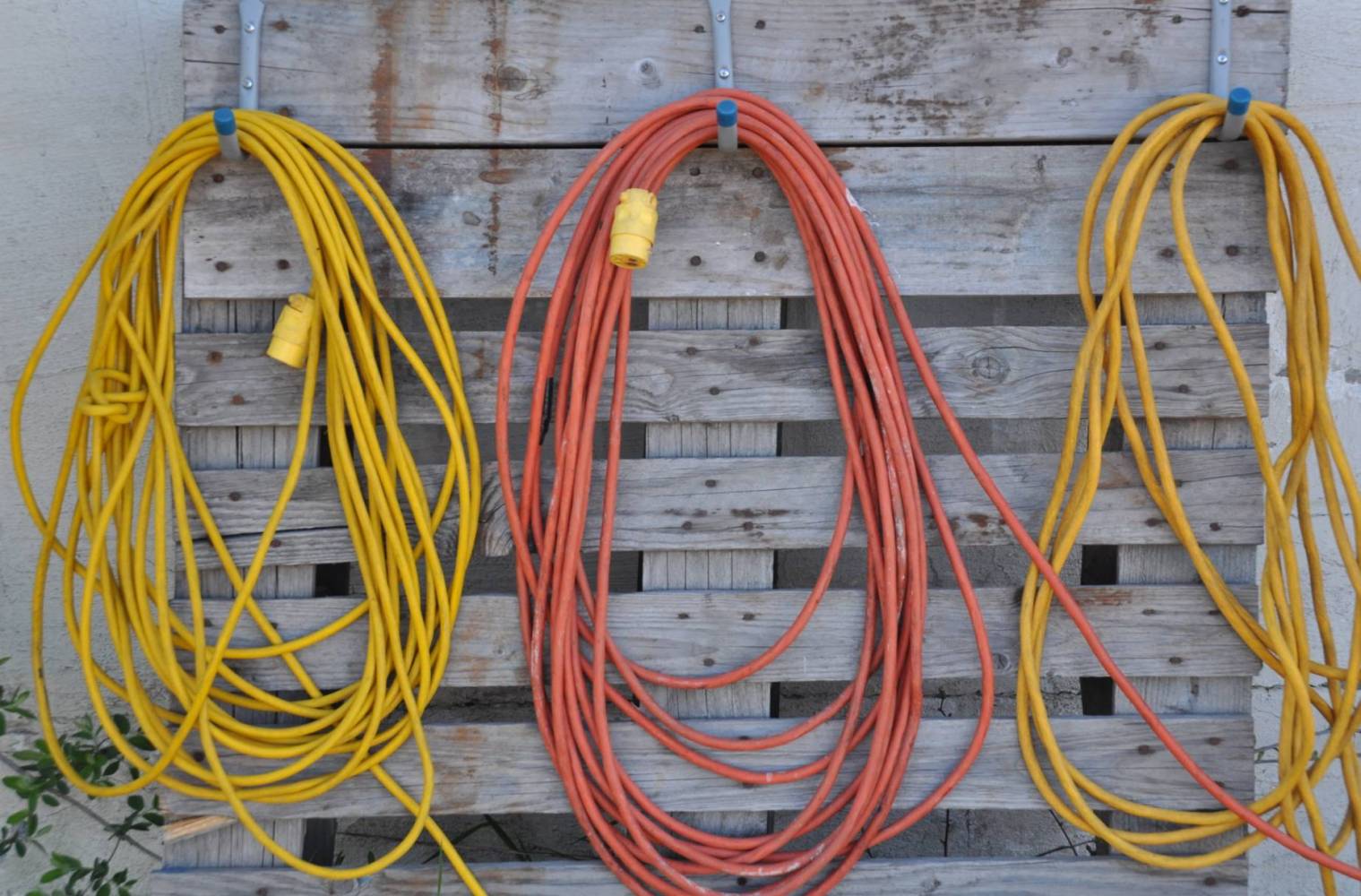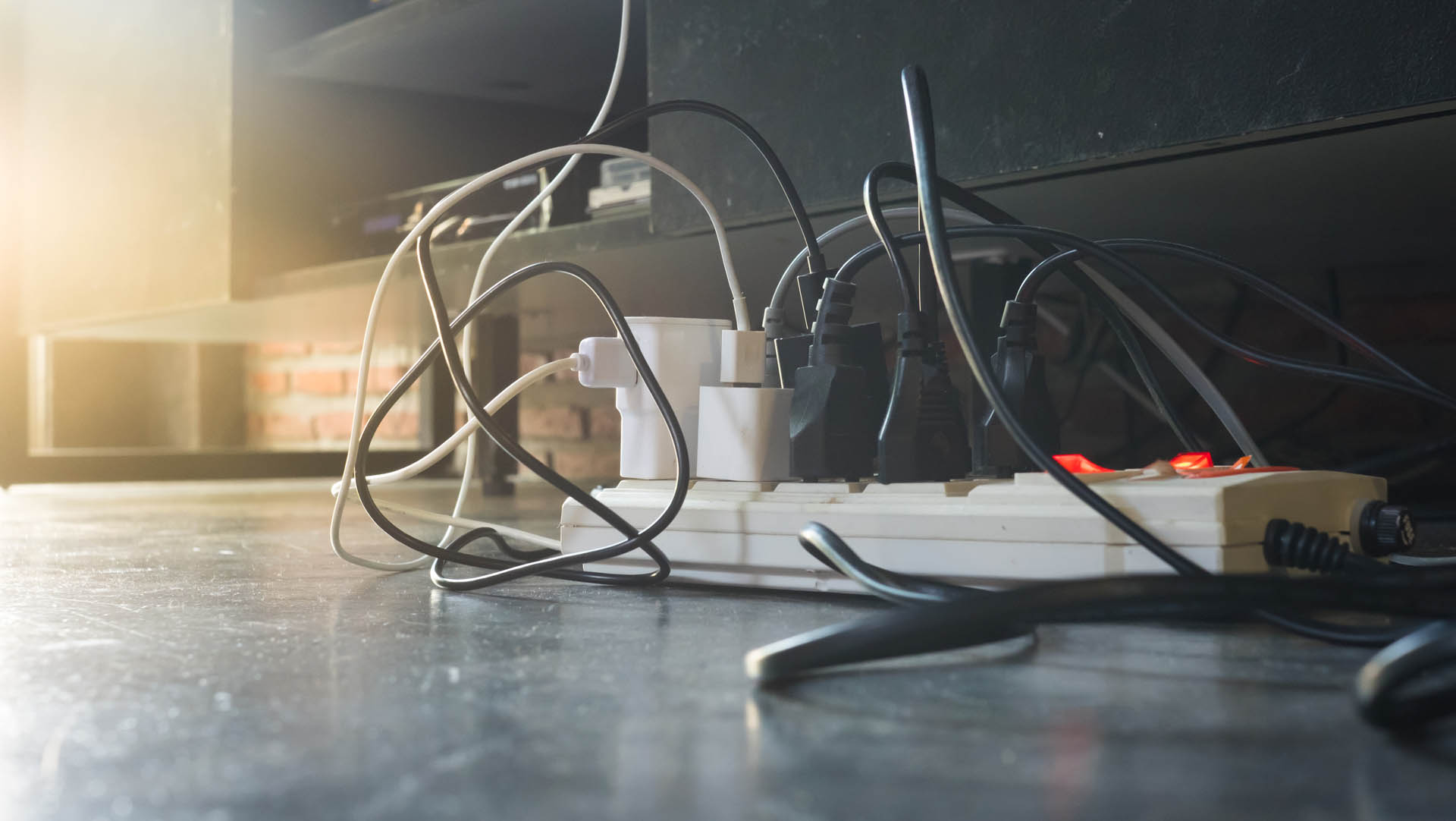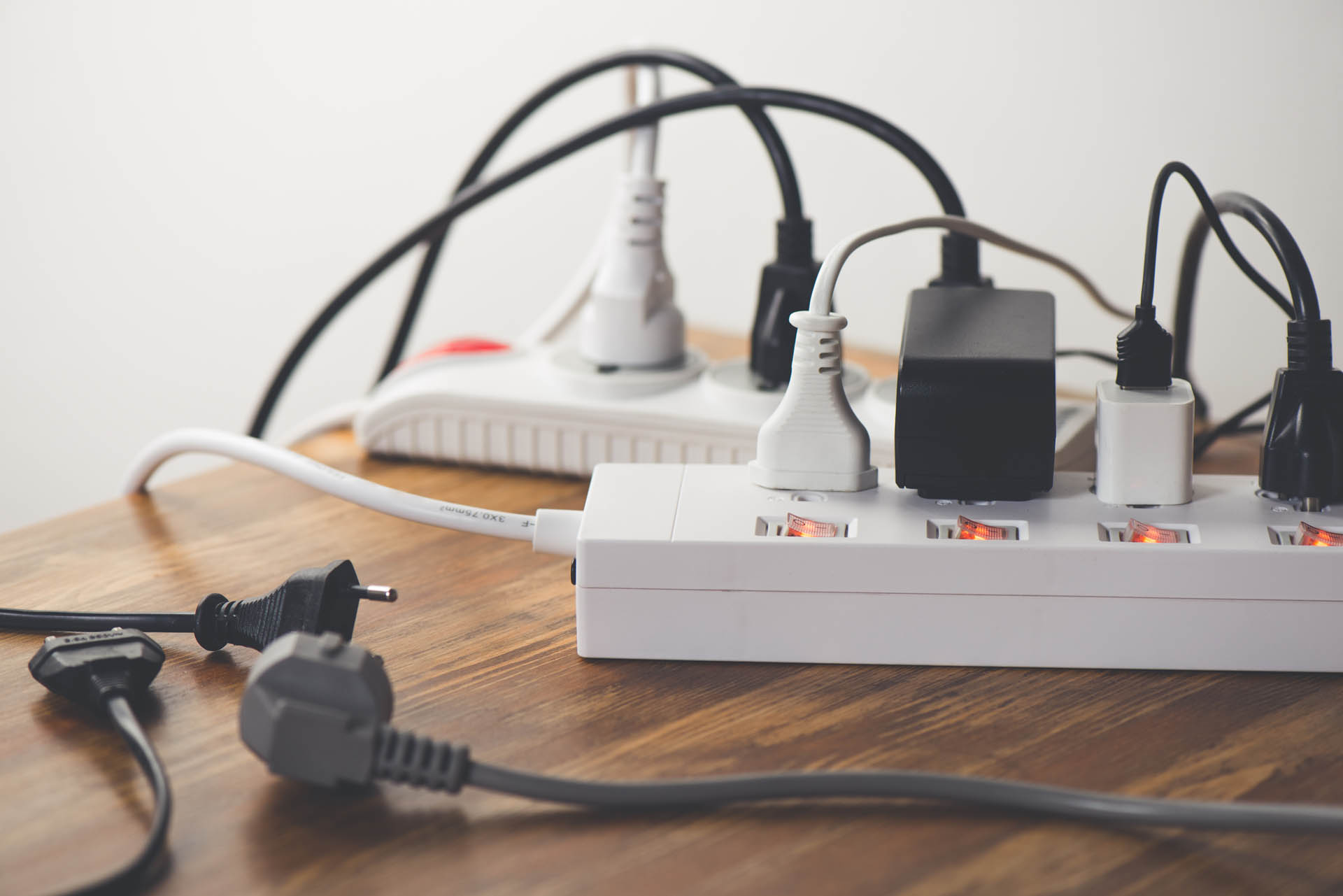Power Strip vs Extension Cord: Which One Do You Need?
We often get asked about the difference between power strips and extension cords. Both are handy tools for extending your reach to power sources, but they serve different purposes. Let’s dive into this topic and shed some light on when to use each one.
When to Use a Power Strip
- Home office setups: Perfect for your computer, monitor, printer, and other office tech.
- Entertainment centers: Great for TVs, gaming consoles, and sound systems.
- Kitchen counters: Handy for small appliances like toasters and coffee makers.
While power strips are convenient, it’s important not to overload them. Plugging in too many high-powered devices can lead to overheating or even fires. Always use them responsibly and within their rated capacity.
When to Use an Extension Cord
- Outdoor projects: When you need power for tools or outdoor lighting.
- Temporary setups: For holiday decorations or events.
- Hard-to-reach areas: When your device’s cord just won’t stretch far enough.



Extension cords should be a temporary solution, not a permanent fix. If you find yourself constantly relying on extension cords, it might be time to consider installing more outlets.
Outdoor Use: Power Strip vs Extension Cord
When it comes to outdoor use, there’s a clear winner. Outdoor extension cords are specifically designed to withstand the elements. They have special insulation and are built to handle temperature changes and moisture.
On the flip side, most regular power strips aren’t meant for outdoor use. However, there are outdoor power strips available for specific outdoor needs. These are built tougher to handle outdoor conditions, but they’re not as flexible in reach as extension cords.
Safety First
No matter which option you choose, safety should always be your top priority. Here are some quick tips:
- Don’t overload: Check the amperage rating and stick to it.
- Inspect regularly: Look for frayed wires or damaged plugs.
- Keep it dry: Water and electricity don’t mix, so keep your cords and strips away from moisture.
The Importance of Surge Protection
Surge protectors act as a crucial shield for your electronics, absorbing and redirecting excess voltage that could otherwise fry your devices. They’re especially important for protecting expensive electronics like computers, TVs, and gaming consoles. Many power strips come with built-in surge protection but don’t assume all power strips have this feature – always check the packaging or product description to be sure.
For those of you running home offices or small businesses, this feature is even more critical. It protects your equipment and safeguards your data from sudden power fluctuations that could lead to data loss.
When to Call a Professional
While power strips and extension cords are great for temporary solutions, if you find yourself constantly juggling plugs or daisy-chaining multiple strips, it’s time to consider a more permanent solution. At Southern Electrical, we suggest installing additional outlets in areas where you frequently need extra power. If you’re unsure about your home’s electrical capacity or notice signs of electrical issues like flickering lights or buzzing sounds, it’s crucial to call in the professionals.
Energy Efficiency Considerations
When you consider your options, it’s worth considering the energy efficiency aspect. Some advanced power strips come with energy-saving features that can help reduce your electricity consumption. For instance, they might automatically cut power to devices in standby mode, controlling unnecessary energy use.
On the other hand, while extension cords themselves don’t typically impact energy efficiency, using them excessively or improperly can lead to energy loss over long distances. It’s always best to use the shortest cord possible for your needs.
Maintenance and Care
To ensure the longevity and safety of your power strips and extension cords, regular maintenance is key. Here are some tips:
- Regularly inspect cords for any signs of wear or damage.
- Keep cords and strips clean and free from dust.
- Avoid running cords under carpets or furniture where they can be damaged or overheat.
- Store cords properly when not in use, avoiding tight coils that can damage the internal wiring.
Special Considerations for Commercial Spaces
For our business clients, the choice between power strips and extension cords often comes with further considerations. In commercial settings, power needs can be more complex and demanding. That’s why we offer specialized solutions like commercial-grade surge protectors and tailored electrical setups to meet your specific needs.
The Bottom Line
The key to using electrical accessories is to use them safely and properly. Both have their place in managing your electrical needs, but neither should be seen as a long-term solution for poor wiring or insufficient outlets. At Southern Electrical, we’re always here to help you make the best choices for your electrical needs. Don’t hesitate to reach out to us at 703-777-6200 for any electrical questions or services you might need.